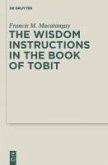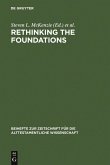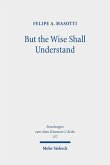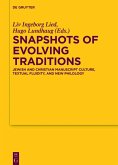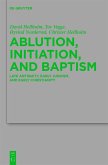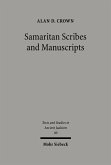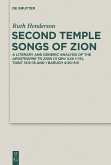A groundbreaking new account of the writing of the Hebrew Bible Who wrote the Bible? Its books have no bylines. Tradition long identified Moses as the author of the Pentateuch, with Ezra as editor. Ancient readers also suggested that David wrote the psalms and Solomon wrote Proverbs and Qohelet. Although the Hebrew Bible rarely speaks of its authors, people have been fascinated by the question of its authorship since ancient times. In Who Really Wrote the Bible, William Schniedewind offers a bold new answer: the Bible was not written by a single author, or by a series of single authors, but by communities of scribes. The Bible does not name its authors because authorship itself was an idea enshrined in a later era by the ancient Greeks. In the pre-Hellenistic world of ancient Near Eastern literature, books were produced, preserved, and passed on by scribal communities. Schniedewind draws on ancient inscriptions, archaeology, and anthropology, as well as a close reading of the biblical text itself, to trace the communal origin of biblical literature. Scribes were educated through apprenticeship rather than in schools. The prophet Isaiah, for example, has his "disciples"; Elisha has his "apprentice." This mode of learning emphasized the need to pass along the traditions of a community of practice rather than to individuate and invent. Schniedewind shows that it is anachronistic to impose our ideas about individual authorship and authors on the writing of the Bible. Ancient Israelites didn't live in books, he writes, but along dusty highways and byways. Who Really Wrote the Bible describes how scribes and their apprentices actually worked in ancient Jerusalem and Judah.
Dieser Download kann aus rechtlichen Gründen nur mit Rechnungsadresse in A, D ausgeliefert werden.



